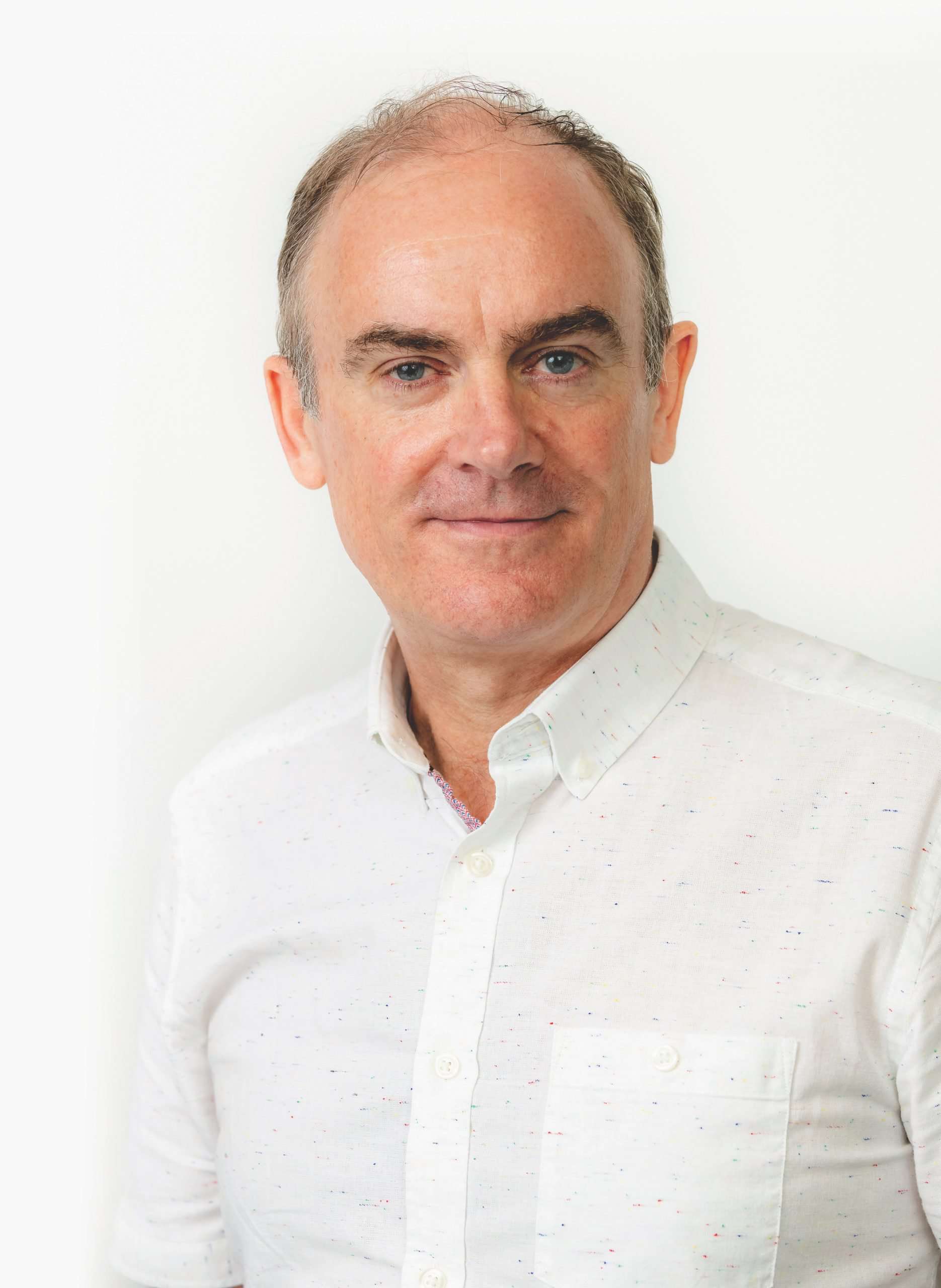
In this month’s issue of PME, we talk to Healx CSO Dr Neil Thompson (pictured above) about the company’s technologies and the obstacles it faces in the biotech sector.
A brief overview of the company
Healx is an AI-powered and patient-inspired technology company focused on accelerating the discovery and development of rare disease treatments.
Healx is based in Cambridge, UK, a key European biotech hub, and was founded in 2014 by Dr Tim Guilliams, a biochemical engineer and founder of the Cambridge Rare Disease Network, and Dr David Brown, co- inventor of Viagra and former Global Head of Drug Discovery at Roche.
Since Healx’s inception it has been our mission to address the unmet need of rare disease patients, with the goal of advancing 100 treatments towards the clinic by 2025. We do this by combining our AI technology with patient insight and drug discovery expertise.
We recently closed a $56m Series B funding round that will be used to further develop our team, AI drug-discovery technology and clinical capabilities.
How is the company advancing life sciences with its technology?
There are over 7,000 rare diseases affecting 400 million people worldwide and 95% of these diseases still lack an approved treatment.
The traditional model of treatment development is rarely viable for rare diseases because bringing a new drug to market typically costs $2-3bn, takes 12-14 years to develop and has a 95% failure rate. However, by combining the latest in AI technology with our drug discovery expertise, we are able to repurpose therapies ready for testing in clinical trials in as little as 24 months.
What makes the company’s technologies stand out in a crowded field?
Healx is the first technology company to use AI and machine learning with the specific aim of discovering and developing treatments for rare diseases.
Healnet, our AI-powered drug discovery platform, features the most comprehensive knowledge graph of rare disease information, comprising data from a host of sources such as scientific literature, clinical trials and patient groups.
Thanks to this technology, we are able to take a completely different approach to drug development, one that is data-driven and hypothesis-free. This means that instead of focusing on a specific disease target and tailoring a drug to act on it, we explore multiple drug/ disease hypotheses suggested by our predictive AI.
This methodology enables drug discovery to take place in parallel and at scale. The scalability of our model is something which simply cannot be replicated using traditional methods.
Why will the company make it in the high-risk, highly competitive biotech field?
Healx’s unique combination of cutting-edge AI technology, drug discovery team expertise and focus on collaboration with patient groups is what really sets us up for success in this competitive field.
These aspects, along with our focus on repurposing, have allowed us to greatly reduce the risks of the drug discovery process.
To date, around two-thirds of our predictions have been validated in preclinical models. Although it’s expected that these figures may drop slightly in future, they indicate the transformative power of our technology.
What practical business issues is the company facing?
Now that we’ve validated our AI-powered drug prediction methods in a number of successful rare disease projects, our focus is on scaling up our processes and building clinical capabilities, to reach our goal of translating 100 treatments towards the clinic by 2025.
Our recent Series B funding will be used to develop our therapeutic pipeline, launch our global Rare Treatment Accelerator (a collaboration programme for select rare disease patient groups and clinicians) and to grow our multidisciplinary team of in-house rare disease, drug discovery and tech experts.
What impact is the planned Brexit having on the company?
We have been quite fortunate in that, as a company, we haven’t yet felt a discernible impact of Brexit on day-to-day business.
That said, we share the concerns of a number of UK industry bodies and patient groups that believe that unsuccessful Brexit negotiations may negatively impact the funding of rare disease research, patient access to clinical trials and patient group involvement with European Reference Networks (ERNs).
As a company we’re keeping a positive outlook and will work hard, whatever the outcome, to maintain our strong, cross border collaborative partnerships and to continue to grow our multinational team of in-house experts.




